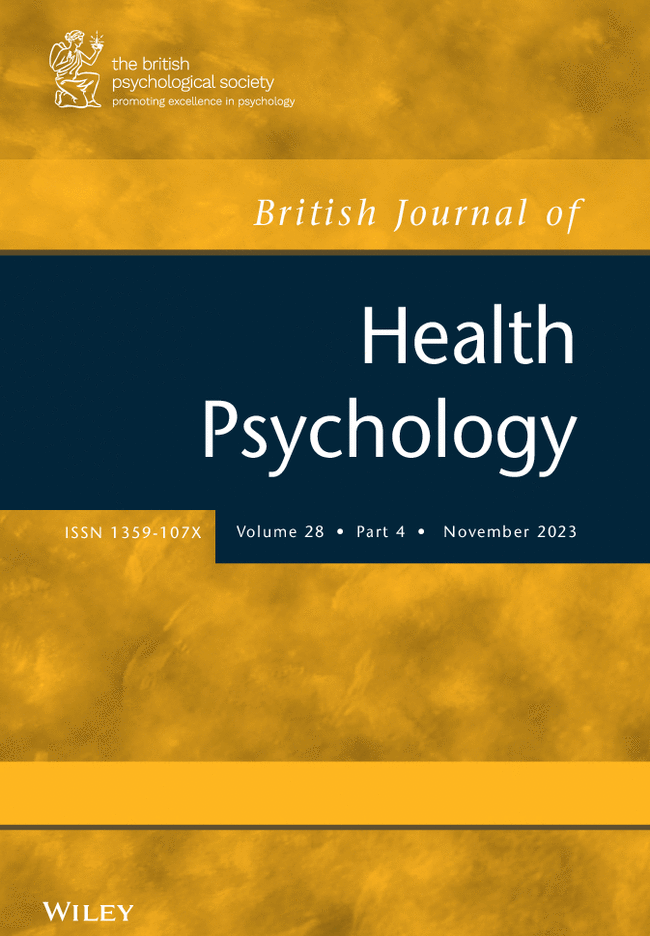Why do most people on dialysis not accept psychological care to increase perceptions of control in life?
Abstract
Objectives
People with chronic kidney failure (CKF) on dialysis who perceive little control in life are at risk for a reduced well-being. We developed and tested an intervention aiming to enhance their perceptions of control. To gain insight into patients' care needs and acceptance of the intervention, we examined the prevalence of patients perceiving low control, their characteristics, and their reasons for (not) accepting the intervention.
Design
We consecutively screened 430 people on dialysis on perceived control, with those reporting low control offered to participate in the intervention study.
Methods
We used data of a Randomized Controlled Trial examining the feasibility, acceptability and efficacy of the intervention. Perceived control was assessed with the Pearlin Mastery scale.
Results
About half (55%) of the sample perceived low control, particularly those with more comorbidities. Most persons eligible for receiving the intervention did not accept the intervention (89%), especially older persons. Main reasons were experiencing little burden of perceiving low control as well as no need for care to increase perceived control.
Conclusions
A significant number of people on dialysis perceived low control in life, yet very few accepted an intervention for regaining a sense of control. In-depth qualitative research is needed for a more comprehensive understanding of the personal experience and perceived impact of low control on health and well-being, activities and relationships as well as people's reasons and needs for enhancing a sense of control and attitude towards psychological interventions aiming to enhance perceived control.


 求助内容:
求助内容: 应助结果提醒方式:
应助结果提醒方式:


